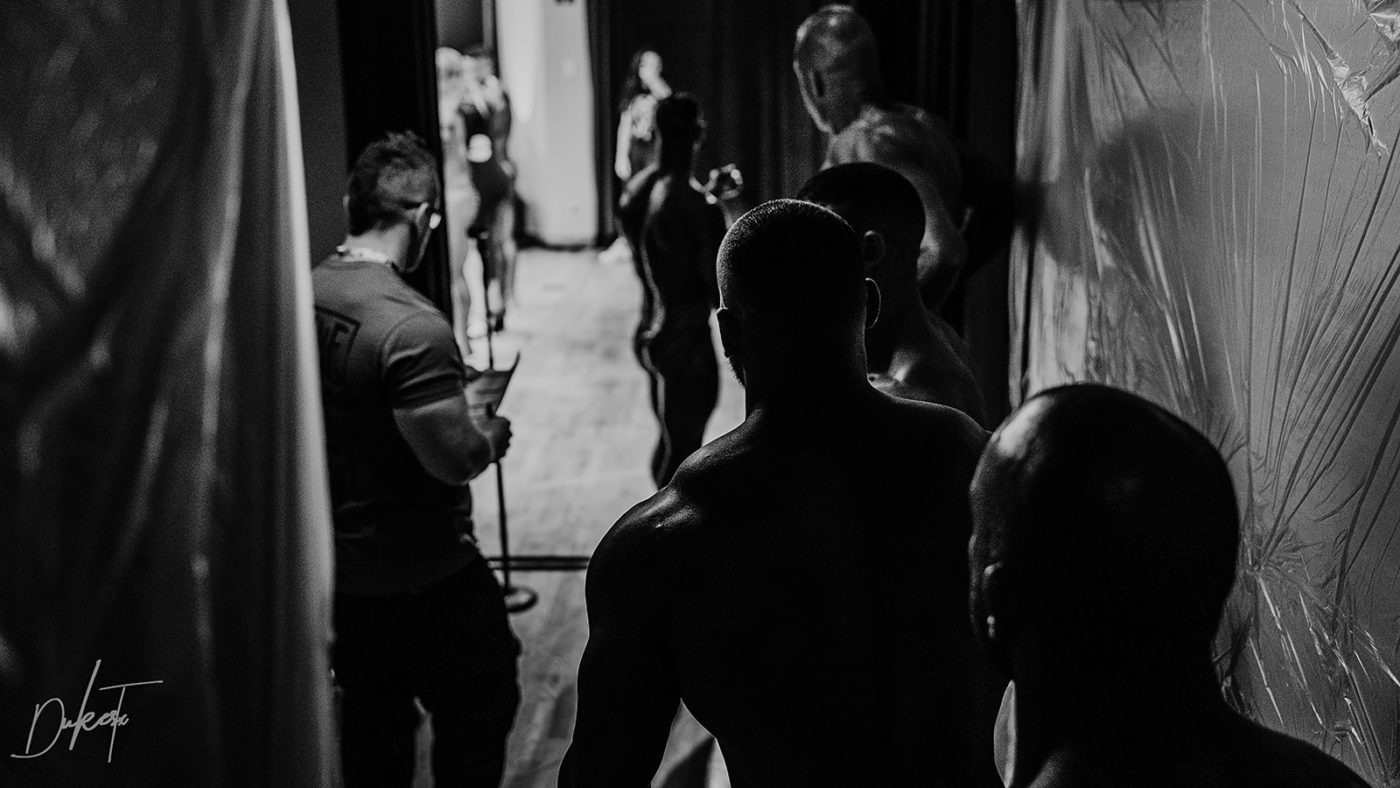Education, Uncategorized
6 Tips on Managing Your Anxiety 
6 Tips on Managing Your Anxiety: Athletes, especially those in the highest echelon of competition, exhibit amazing abilities and talents. One of these is managing anxiety so that they can perform well under pressure. But it’s not just athletes that need to manage anxiety; many of us need to do this daily. Top-tier athletes often work with sports psychologists to help them cope with pressure, and the average person can also benefit from their advice.
Here are 6 Tips on Managing Your Anxiety from sports psychologists.
Expect to be nervous
Nerves and anxiety are natural, so eliminating them is not realistic. You can try to block or ignore them, but they’ll persist and keep coming back.
We all experience anxiety to some degree. But this is not necessarily bad unless it interferes with your life. Instead of trying to rid yourself of anxiety, anticipate that they’re coming, accept it, prepare for it, and have a plan to function with them being present. This will keep anxiety from preventing you from performing. As an athlete getting ready to get on stage for your first show or your next show as you are a seasoned athlete, keep in mind that everyone is in the same boat and that you’ve put in the time, effort, and energy to be successful, so let those nerves be part of the equation and bring your absolute best for everyone to see.

Control what you can control
Anxiety tends to arise in stressful situations with uncertain outcomes. But many outcomes are uncertain, and uncertain outcomes don’t mean disastrous ones.
Instead of running through all the negative yet unlikely outcomes, focus on controlling what you can control. Look for actions that can either affect the outcomes positively, like planning, risk-mitigating and getting support. Once again, you’ve put in 16, 20, 24 weeks to this prep and have done all the workout session. The hard work is finished and you can’t change the look of your physique on show day. So believe in the process and forget about how your body looks, all that you can control is your expressions, stage presence, and posing. Focus on those 3 things and nothing else to be successful on show day.
When you are back stage at a show a lot of things are going on. Some athletes are eating foods you aren’t, they are talking about what their trainers have them doing, they are posing differently, etc. All of these are distractions that you do not need to worry about and are not in the game plan for you. Your plan is whats been set out by your trainer and part of the plan to make you look your best on stage. Stay focused on the plan that you’ve developed and don’t get into your head about what others are doing as it’s not the right solutions for you.
Visualization
Visualization is a powerful tool. In sports, business, and other areas, visualizing a successful outcome can help you reach it. But another use for this method is to visualize many scenarios where challenges come at you and how you will deal with them.
The objective here is to mentally practice how you’ll respond to tough situations to prove to yourself that you can survive the worst. For example, you might rehearse in your mind’s eye how you’ll give a presentation. Imagine all the things that could go wrong, but instead of being paralyzed by anxiety, think about how you’ll deal with each scenario.
If something does go wrong—likely something smaller, like getting off track on your script—it won’t be a new scenario and you’ll know you can get deal with it, even if it’s unpleasant.

Deep breathing
Another useful technique is deep breathing exercises. They are practiced by a wide variety of people, from Navy SEALs to pro athletes, to help quell anxiety and increase focus.
The key concept here is that it’s more than simply taking deep breaths. True deep breathing is a specific technique that must be developed and practiced regularly and especially when you feel your anxiety rising. One of the most popular deep breathing methods is called “four square” or “box” breathing, but there are others as well and even apps to help you.
Journaling
Many people use journaling because it is a time-tested method that works. Simply jotting down your thoughts and feeling can be surprisingly effective.
When you have anxieties and worries, try just writing them down, expressing your true feelings, and getting them down on paper. This can not only be cathartic, but it can also help you understand your thoughts and feelings and as you can deal with them and move past them, you can look back and see what you’ve overcome. This can help give you greater confidence that you can conquer new challenges when they arise.
Mindfulness
Mindfulness is a big one. It can be a wonderful tool for helping us tackle nerves and anxiety in its many forms. Mindfulness can help you be aware of slipping into a pattern of thoughts of worst-case scenarios and help to prevent this by training and disciplining your mind.
Mindfulness is about focusing and being fully in the present moment. This could involve assessing each of your senses, scanning your entire body to check in with aches and pains, or simply taking a moment to identify the emotions you’re feeling.
Like deep breathing, mindfulness is another skill that needs to be developed and practiced. There are many techniques, and like deep breathing, there are apps like Headspace or Calm to help guide you in this skill.
We hoping you have enjoyed the 6 Tips on Managing Your Anxiety and can utilize these practises to better improve your performance on stage. It’s critically important to be present and control what you can control.

